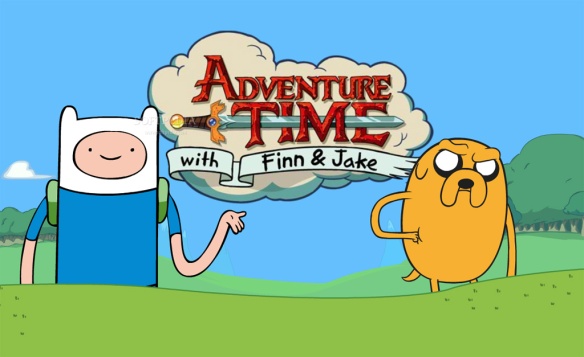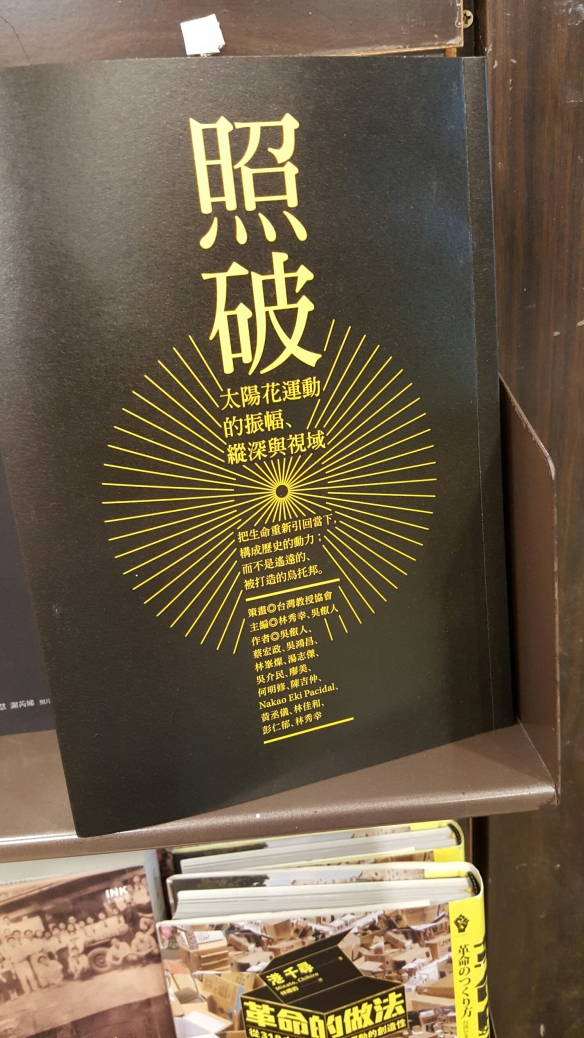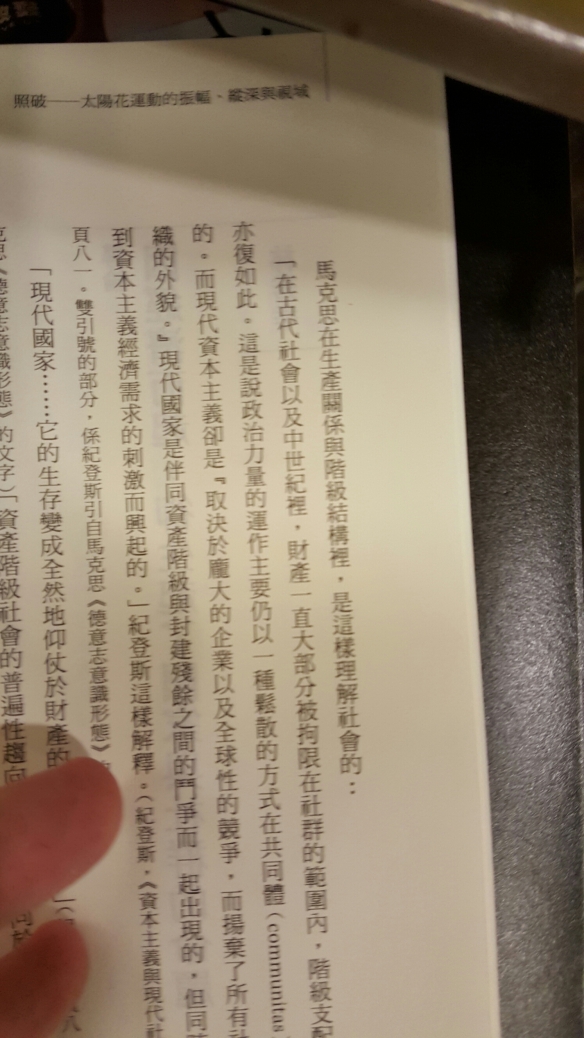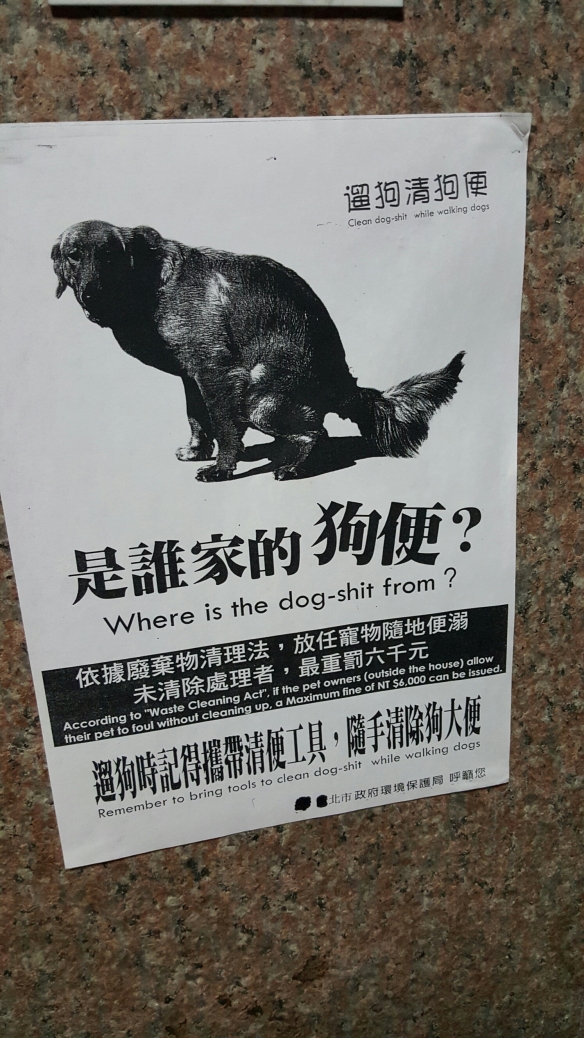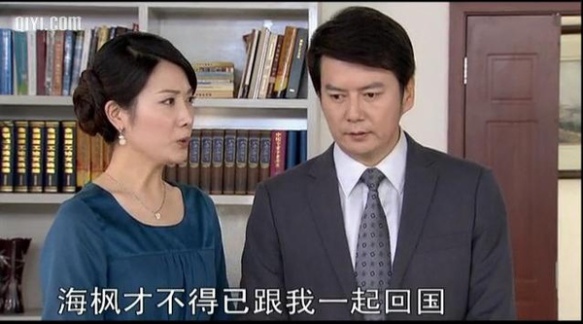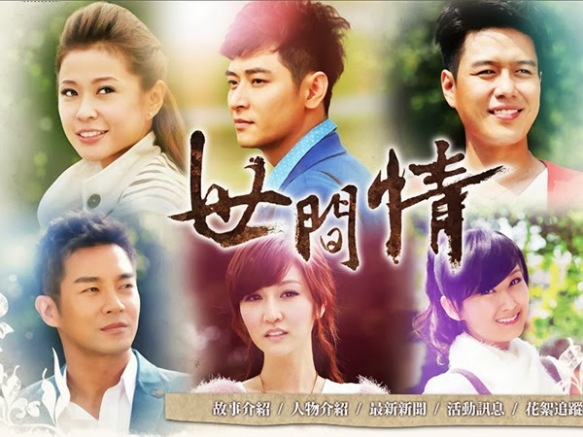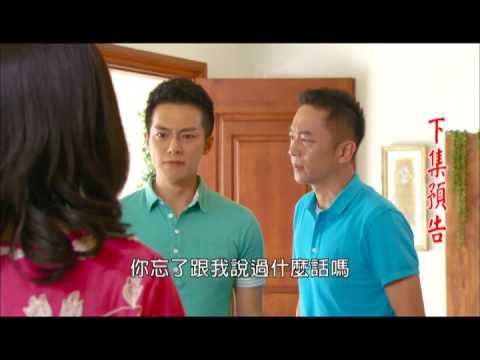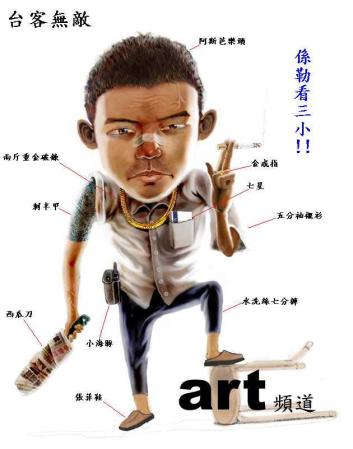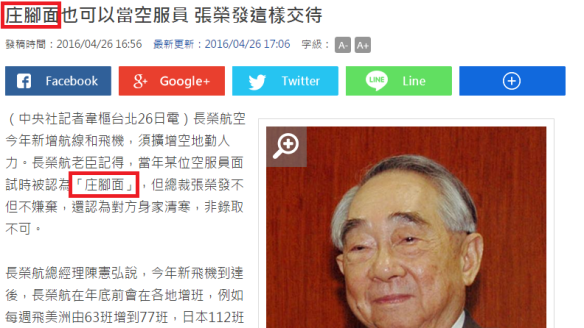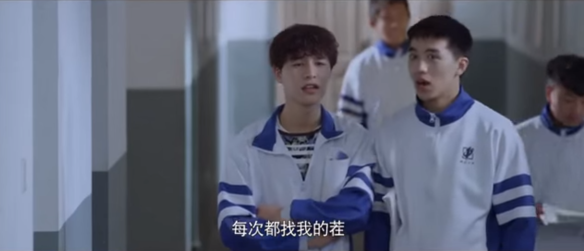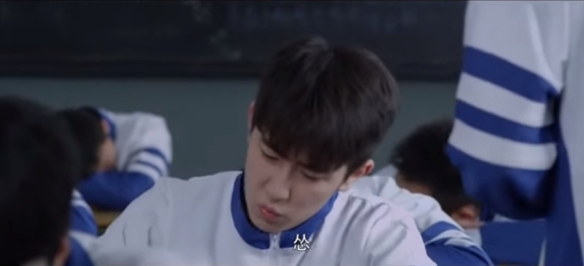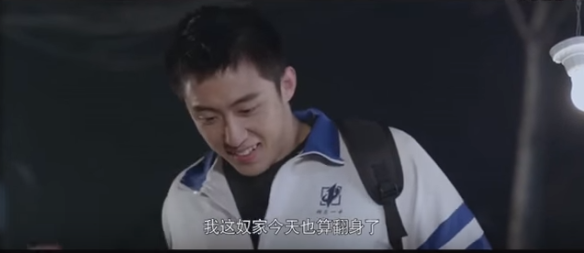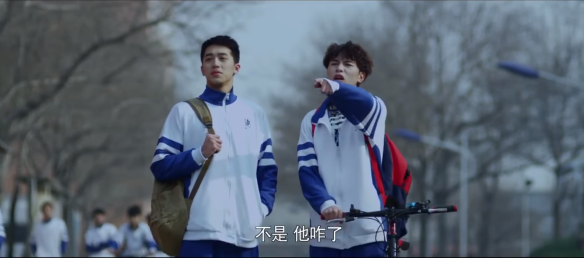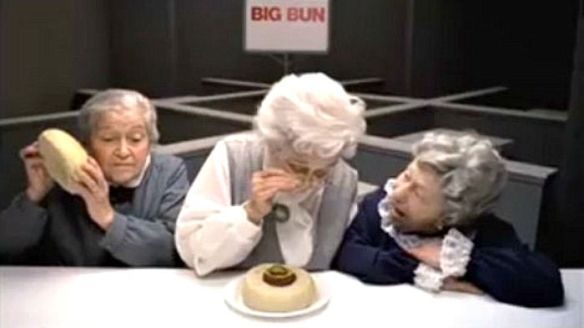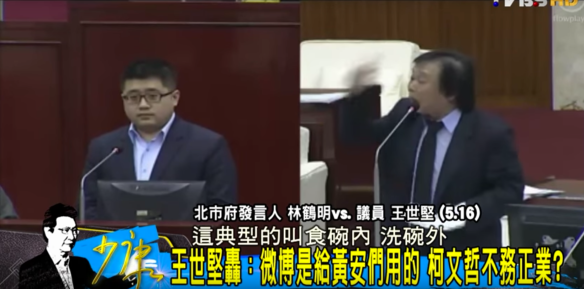 I don’t have a TV at home, so when I was recruited by a friend to wrap tamales at his house, I got a rare opportunity to watch some political talk shows, which are usually amusingly varied according to the political affiliation of the channel they’re broadcast on. This one from TVBS (relatively Kuomintang-leaning/blue), is called ‘The Situation Room’ in English and 「少康戰情室」 in Chinese. Footage from the Legislative Yuan is always a great opportunity to learn some Taiwanese of the shouty aggressive variety:
I don’t have a TV at home, so when I was recruited by a friend to wrap tamales at his house, I got a rare opportunity to watch some political talk shows, which are usually amusingly varied according to the political affiliation of the channel they’re broadcast on. This one from TVBS (relatively Kuomintang-leaning/blue), is called ‘The Situation Room’ in English and 「少康戰情室」 in Chinese. Footage from the Legislative Yuan is always a great opportunity to learn some Taiwanese of the shouty aggressive variety:
Democratic Progressive Party (DPP) legislator Wang Shih-chien is upset because Taipei mayor (independent but largely seen as DPP leaning) Ko Wen-je proposed setting up a Weibo account for the Taipei City government in line with a suggestion from across the strait. Weibo is a social-media platform, similar to Twitter, but set up to conform with Mainland China’s censorship guidelines, which is why the DPP legislator isn’t a fan. This is the phrase in Taiwanese he uses with the Mandarin context:
台灣政治界沒有一個人
No-one in the Taiwanese political arena
會上去微博
Goes on Weibo
微博是給黃安們用的
Weibo is for the likes of Huang An (China-based Taiwanese singer)
你知道嗎?
Don’t you know?
莫名其妙
I’ve never heard the like of it
不務正業
It’s a dereliction of your duties
這典型的叫食碗內 洗碗外
This is a classic case of biting the hand that feeds you
The phrase is 食碗內 洗碗外 pronounced”chia̍h óaⁿ lāi sé óaⁿ meaning that you eat the provisions of your own community, but wash dishes for another community, and by extension, to bite the hand that feeds you.
The Ministry of Education Taiwanese dictionary, however, states the phrase as: 「食碗內,說碗外」, which makes slightly more sense, meaning “You eat food from your own community, but say that you got it from another community”, i.e. to bite the hand that feeds you, or deny gratitude to those who provide for you. The 說 is pronounced “seh or soeh” (depending on what variety of Taiwanese you speak), and 洗 is pronounced “sé or sóe” so there’s little difference of sound between them. Most places on the internet use 洗 however.
It’s equivalent to the Mandarin phrase 吃裡扒外 chīlǐpáwài.
Incidentally, the singer mentioned in the rant, Huang An, is quite famous as a traitor to Taiwanese independence by the independence lobby. He’s one of the people who criticized K-Pop singer Chou Tzu-yu for waving a Taiwanese flag and he’s for unification with China. Apparently he still loves one part of Taiwan though, the National Health Service…
Here are the tamales in progress for anyone who is interested:
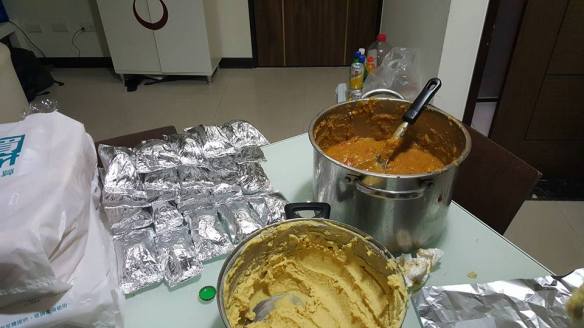
And if you want to know what else I was watching, check out my post from the day before yesterday on 台灣國語 in the Taiwanese version of Adventure Time.

